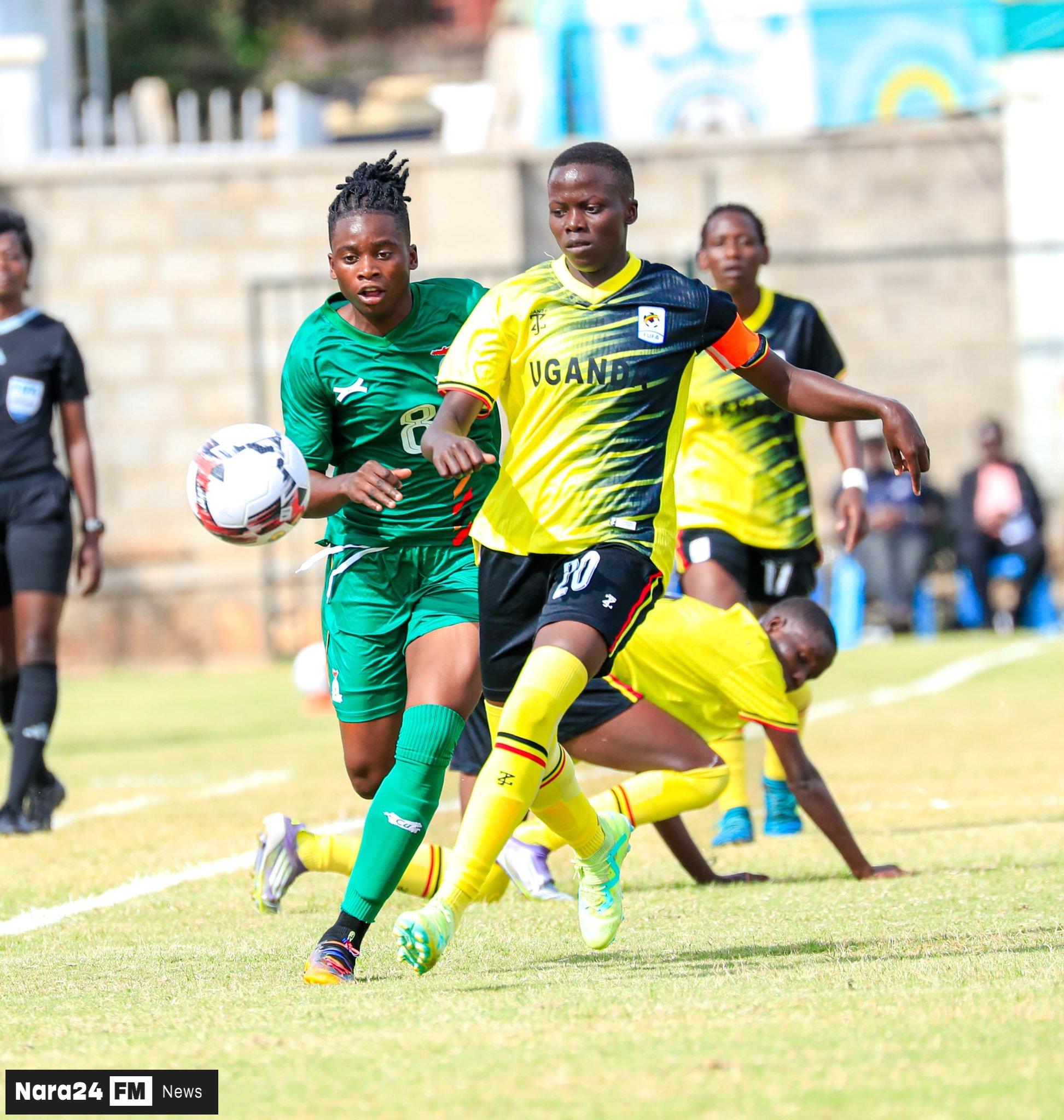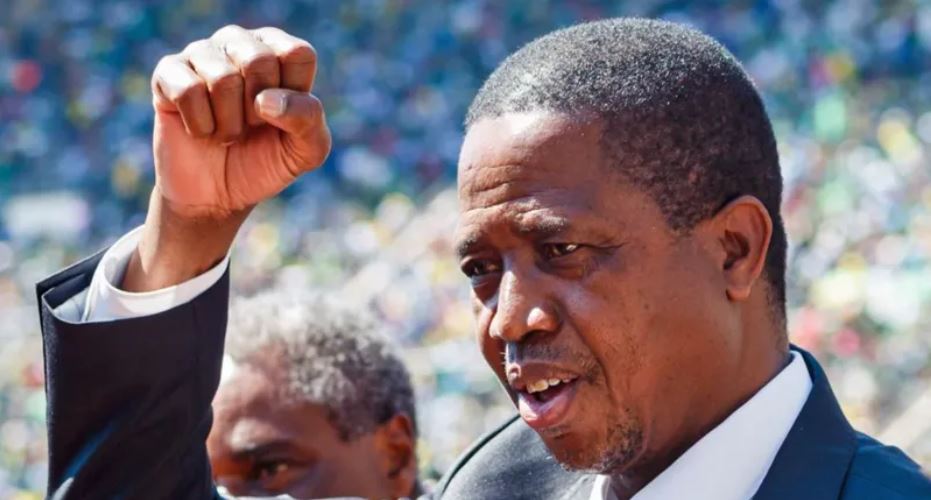
Uganda's U20 Women's Team Advances to Final Qualifying Round with Win Over Zambia
Uganda's U20 women's team has booked a place in the final qualification round of the FIFA U20 Women's World Cup by defeating Zambia.
Controversy engulfs funeral arrangements for Zambia's ex-president Edgar Lungu as government, family, and opposition clash over protocols, leaving mourners in disarray.

The passing of Zambia's sixth president Edgar Lungu has plunged the nation into mourning—and political turmoil. The 68-year-old former leader's death last Thursday triggered nationwide grief in the Christian-majority nation, with radio stations suspending regular programming to broadcast gospel tributes. Yet behind this unified expression of sorrow, a bitter feud over funeral protocols has created chaos for those seeking to pay respects.
President Lungu, who governed from 2015 until his 2021 election defeat, died in South Africa while receiving treatment for an undisclosed illness. This ignited immediate conflict between three factions: the current government under President Hakainde Hichilema, Lungu's opposition Patriotic Front (PF) party, and the late leader's family. Each group holds divergent visions for commemorating the former statesman.
Government authorities announced a seven-day mourning period with a state funeral at a Lusaka government lodge. Simultaneously, PF leadership directed supporters to gather at party headquarters instead. "The state was insisting they would manage proceedings with full military honors—effectively telling us we had no say," revealed family lawyer Makebi Zulu in an interview. While the family accepts state funeral arrangements, they demand authority to select officiants.
Further complications emerged regarding repatriation plans. Officials sought to transport Lungu's remains from South Africa under state supervision, but his relatives intervened. "We needed to ensure dignified passage for our leader," a PF representative stated. This standoff disrupted scheduled repatriation, with Lungu's body remaining in Pretoria where a private memorial occurred Tuesday.
The discord reflects decades of rivalry between Lungu and his successor. Hichilema spent 100 days imprisoned during Lungu's presidency after a motorcade confrontation. PF leadership now alleges government-imposed travel restrictions prevented timely medical care abroad, contributing to Lungu's death—a claim officials vehemently deny. Presidential spokesperson Cornelius Mweetwa countered, "These accusations represent a political strategy, not facts."
Such funeral disputes recur across Africa where state protocols clash with personal wishes. Zambia witnessed similar tensions in 2021 when Kenneth Kaunda's family opposed government burial plans for the founding president. "National interest overrides family preferences in such cases," Mweetwa noted, citing a high court ruling upholding designated presidential resting places.
Zimbabwe's 2019 funeral crisis saw Robert Mugabe interred in his village despite a completed state mausoleum. Angolan and Ghanaian precedents likewise demonstrate governments prevailing in burial conflicts. Legal frameworks appear to favor state authority—Zambian constitution Article 8 mandates presidential honors for former leaders—yet practical resolution requires negotiation.
Currently, government envoys negotiate with Lungu's family in South Africa while Lusaka mourners navigate competing condolence registries: one at the state lodge, another at PF offices. The impasse delays closure for citizens like teacher Grace Mbulo: "We're caught between political battles when we should be uniting in sorrow."
As Zambia awaits clarity, the standoff highlights Africa's evolving traditions regarding leaders' legacies. While PF retains significant influence through its grassroots network, constitutional provisions strengthen the state's position. This collision of political will, legal authority, and familial dignity may redefine protocols for future transitions of power.
Comments (0)
Leave a Comment
Be the first to comment on this article!